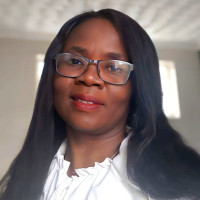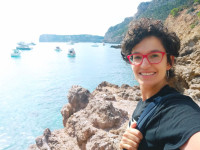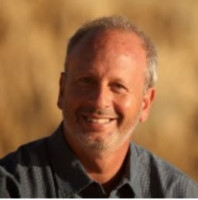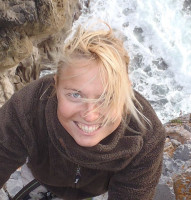Marine Biodiversity
Food & Nutrition
Post-Doctoral Fellowships
United Kingdom
Integrating Aquaculture and Capture Fisheries to Combat Hunger in Sierra Leone and Other Parts of Africa
During her AXA Research Fund fellowship at the University of Leeds, Dr. Nwamaka Okeke-Ogbuafor will seek to unlock ocean-based solutions that will contribute to community resilience by eradicating hunger and generating income from fishing. She will gather the primary data in two stages. Dr. Okeke-Ogbuafor will use Citizen Science, an effective engagement through public participation, in the first stage to crowdsource ideas, questions, and the likelihood of support for various solutions, including implementing environmentally friendly aquaculture. The second stage of data collection will consist of fieldwork in the Bonthe, Tumbo, and Goderich case communities, building on the knowledge and ideas developed in the first stage. Semi-structured face-to-face interviews and Focus Group Discussions (FGDs) will be conducted in each case community, and data will be co-analyzed with stakeholders, including end users. The expected research outcome would be a co-created resilient marine food security policy that will build resilient food security and household income in coastal areas of Sierra Leone, and other African and Small Island Developing Countries where hunger and poverty are severe.
Dr. Okeke-Ogbuafor’s research project will also feed the climate risk insurance strategy to protect vulnerable coastal communities. The research will help close the data gap on climate risks by mapping out the effects of climate change on fisheries and aquaculture in various communities and how communities respond to these threats now and in the future. The findings aim to provide the first empirical data on which insurance companies can base their development of climate risk insurance and aid in improving community resilience.
December 2022
[1] FAO, IFAD, UNICEF, WFP and WHO. 2022. The State of Food Security and Nutrition in the World 2022. Repurposing food and agricultural policies to make healthy diets more affordable. Rome, FAO.
[2] Small Island Developing States (SIDS) are a distinct group of 38 UN Member States and 20 Non-UN Members/Associate Members of United Nations regional commissions that face unique social, economic and environmental vulnerabilities. https://www.un.org/ohrlls/content/about-small-island-developing-statessierra
[3] https://pip.worldbank.org/country-profiles/SLE
[4] https://www.actionagainsthunger.org/countries/africa/sierra-leone
Find out more about the AXA-UNESCO Fellowships on Coastal Resilience

Nwamaka
OKEKE OGBUAFOR
Institution
University of Leeds
Country
United Kingdom
Nationality
Nigerian
Related articles
Marine Biodiversity
Climate Change
Post-Doctoral Fellowship
Spain
Climate-Smart Strategies to Develop Resilience in Artisanal Fisheries of Mediterranean Marine Protected Areas
Determining the climate risk exposure of marine ecosystems is crucial to develop strategies that will strengthen communities’ resilience. Studies have... Read more

Marina
SANZ MARTíN
Spanish Institute of Oceanography
Extreme Weather Events
Marine Biodiversity
Climate Change
AXA Chair
United States
Building Resilience to Coastal Hazards with Natural Defenses
The results that Professor Michael Beck, from the University of California, Santa Cruz (UCSC), has already achieved in this groundbreaking... Read more

Michael
BECK
University of California - Santa Cruz
Marine Biodiversity
Climate Change
Post-Doctoral Fellowship
United Kingdom
Coastal community conservation: a win-win solution against climate change
Coastal and near shore marine habitats and adjacent communities are on the front line in the battle against climate change... Read more

Hanna
NUUTTILA